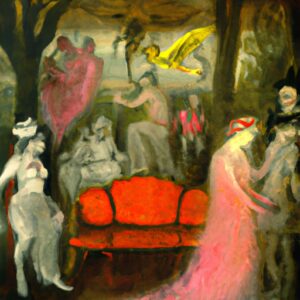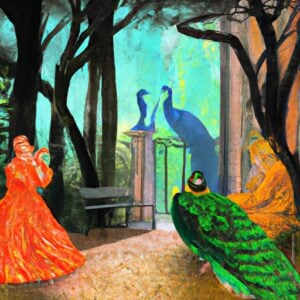How to use the future tense in Italian?
In Italian, the future tense cannot only be used to talk about events or actions that will happen in the future but it can also be used to make assumptions and hypotheses.
Let’s have a look at some examples:
Quanti anni ha Giuseppe? Non so, avrà trent’anni…
How old is Giuseppe? I don’t know. He is probably thirty.
Quanto costerà una pizza?
How much do you think a pizza costs?
In the sentences above, the future tense does not indicate a time in the future, but it is used to make an assumption about something we’re not sure of.
How to make assumptions in the present?
As we just saw, the future simple can be used to make assumptions and hypotheses in the present.
In English, this can be translated by adding a probably or I think, as what we are saying is not 100% sure but it is what we assume to be true.
Here are some more examples:
Dov’è Giovanni?
Non so, sarà uscito.
Where is Giovanni?
I do not know. He probably left.
Simply using the future simple form of the verbs adds a degree of uncertainty to the sentence.
This also works with other constructions, such as stare + gerundio.
-Cosa sta facendo Lucia?
–Starà studiando.
-What is Lucia doing?
-I guess she’s studying.
How to make assumptions in the past?
To create the same kind of structure, but talking about the past tense, we can use the futuro anteriore, (future perfect) which is formed by the future of auxiliary verbs essere (to be) or avere (to have), followed by the past participle of the main verb.
Have a look at the following examples:
Quanto ha pagato? Non so, avrà pagato 50€.
How much did he pay? I don’t know, probably 50€.
Dov’è andato Gabriele? Sarà andato in spiaggia.
Where did Gabriele go? I guess he went to the beach.
Practice with Quizlet
Here's a set of flashcards and quizzes to practice this grammar topic.How to make assumptions in the future?
In the future, on the other hand, if you want to make an assumption, you need to add extra words such as penso che (I think), probabilmente (probably), immagino che (I imagine that), etc.
Dove sarà la festa di Capodanno? Non so, forse sarà a casa di Lucia.
Where will the New Year’s party be? I don’t know. Maybe it will be at Lucia’s house.



















